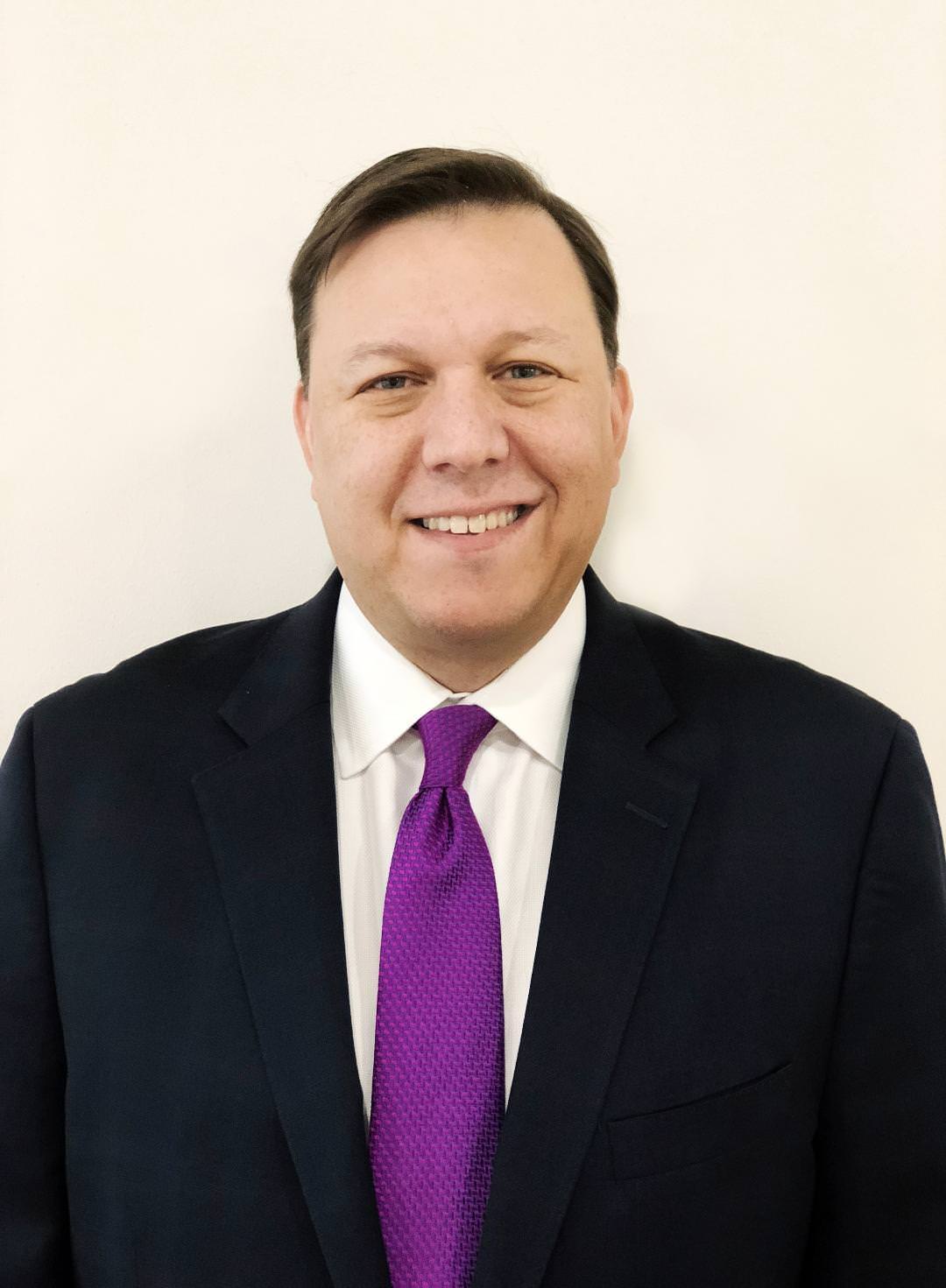June Monthly Policy Update
Last month, the Senate Finance Committee held a hearing on the issue of fentanyl and the role it plays in overdose deaths.
Senators were in agreement that the expansion of Substance Use Disorder (SUD) treatment services, as well as systems reforms, need to be a high priority if we are to make any type of progress. Recent numbers from the CDC reflect that overdose deaths are falling – albeit slightly – for the first time in decades. Maintaining this trend is possible, but we still need innovation.
Senators Cantwell and Cassidy introduced the Fatal Overdose Reduction Act, a piece of bipartisan legislation that would expand a Washington State-developed, low-barrier fentanyl treatment pilot program across the United States.
The goal of the bill is to create free, low-barrier, evidence-based addiction treatment centers across the country. A University of Washington-led pilot program found that this Health Engagement Hub model achieved an astounding 68% reduction in fatal overdoses. (That stands to make a real difference, given that last year we saw over a thousand deaths in King County alone.)
The Fatal Overdose Reduction Act would allow both existing and qualifying entities to receive a Health Engagement Hub certification (similar to the process for behavioral health treatment centers to be designated as Certified Community Behavioral Health Centers). Under this bipartisan bill, certified Health Engagement Hubs would receive enhanced Medicaid payments for providing services that include substance use disorder treatment, primary care, and case management. Certified hubs would also operate under a “no wrong doors” approach and offer services in a drop-in manner without prior appointments or proof of payment.
Another piece of legislation we’re supporting is the Comprehensive Addiction Resources Emergency Act (CARE) Act, which was recently re-introduced by Senator Elizabeth Warren.
The CARE Act was first introduced in 2020 in anticipation of the Senator’s presidential campaign. It is a sweeping bill, calling for the largest single investment to date for SUD services. Co-sponsored by 86 lawmakers, the CARE Act is the most ambitious legislation ever introduced in Congress to confront the substance use epidemic.
It would provide state and local governments with $125 billion in federal funding over ten years, including nearly $1 billion per year directly to tribal governments and organizations. Senator Warren, in her introduction of the act, recognized that during the 1980s and 1990s, deaths from HIV/AIDS grew rapidly and the country faced a public health crisis: the medical system was ill-equipped to provide effective, evidence-based care.
In 1990, Congress passed the bipartisan Ryan White Comprehensive AIDS Resources Emergency Act (Ryan White Act) to provide funding to help state and local governments and community-based organizations combat the HIV/AIDS epidemic. Warren views this legislation through a similar lens.
The CARE Act is modeled directly after the Ryan White Act, supporting local decision-making and programs to expand access to evidence-based treatments and recovery support services. The CARE Act also recognizes the need for expanded mental health supports, early intervention, and harm reduction tactics.
Faces & Voices of Recovery has a long history with the CARE Act, integral to its inception in 2019. We advocated for the addition of language that would promote recovery support services. The CARE Act is on its third iteration now, and Faces & Voices’ added language still stands.

Andrew Kessler
Principal
Andrew D. Kessler, JD, is founder and principal of Slingshot Solutions LLC, a consulting firm that specializes in behavioral health policy. With 20 years of policy experience- and over a decade in behavioral health- Kessler is a fixture in circles that advocate for substance abuse treatment, prevention, recovery, and research. He collaborates frequently with congressional offices, the White House Office of National Drug Control Policy, the National Institute on Drug Abuse (NIDA), the Substance Abuse and Mental Health Services Administration (SAMHSA), and other federal actors. He is a frequent contributor to Politico, The Hill, and Alcohol and Drug Abuse Weekly,
Kessler has written legislation and report language published by both the House and Senate, and has presented orally before such bodies as the Scientific Management Review Board, the College on Problems of Drug Dependence, and the National Conference on Addictive Disorders. He is highly sought after as a speaker on substance abuse policy, as well as on advocacy training. He has presented on these subjects around the nation, and on several webinars as well.
Kessler received his Bachelor of Arts in 1993 from Washington University in St. Louis. In 1999, he graduated from American University’s Washington College of Law, where he received multiple awards and recognition for his legal analysis and moot court performance. He lives in Fairfax, Virginia, with his wife and two children.
